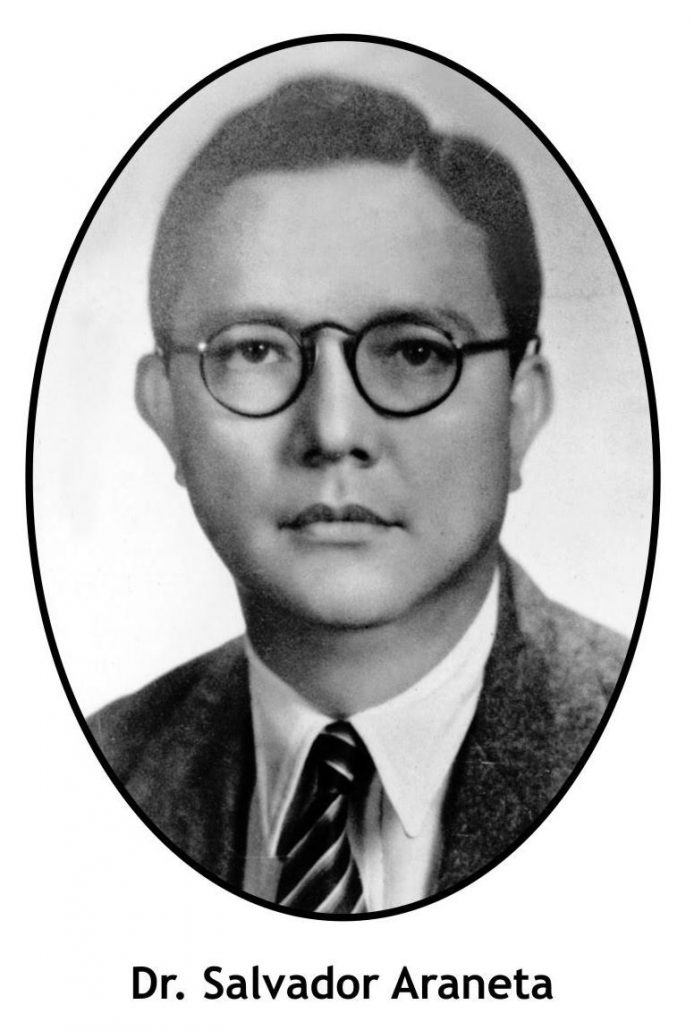 UNDER Article X, Section 1 of the 1987 Constitution, the framers of the Constitution designated both Muslim Mindanao as well as the Cordilleras as Autonomous Regions. Meanwhile, section 2, gives life to territorial and political subdivisions by giving them local autonomy and section 15 defines the Constitution of Autonomous Regions.
UNDER Article X, Section 1 of the 1987 Constitution, the framers of the Constitution designated both Muslim Mindanao as well as the Cordilleras as Autonomous Regions. Meanwhile, section 2, gives life to territorial and political subdivisions by giving them local autonomy and section 15 defines the Constitution of Autonomous Regions.
Autonomous Regions
Section 15. There shall be created autonomous regions in Muslim Mindanao and in the Cordilleras, consisting of provinces, cities, municipalities, geographical areas, sharing common distinctive, historical and cultural heritage, economic and social structures and other relevant characteristics within the framework of this Constitution and the National Sovereignty as well as territorial integrity of the Republic of the Philippines.
Why should the indigenous people be left out when 18 percent of the Philippine population is made up of them together with other cultural communities, 61 percent of whom are Lumads? We are citing here why we are recommending that the indigenous people be rightfully accorded the rights of autonomous regions. Under Article II, Section 9, “The State shall promote a just and dynamic order that will ensure the prosperity and independence of the nation and free the people from poverty, through policies that provide adequate social services, promote full employment, a rising standard of living and an improved quality of life for all.”
In my interpretation, this means that everyone should have equal opportunity, whether you are a Muslim, a Christian or a member of the indigenous communities, including the people of the Cordilleras. Furthermore, there are three sections under Article X, Section 5, 6 and 7, on Local Government, that will benefit the indigenous people directly without them having to go through any other Government office.
* Article X, Section 5 – Each Government unit shall have the power to create its own sources of revenues and to levy taxes, fees, and charges subject to such guidelines and limitations as the Congress may provide, consistent with the basic policy of local autonomy. Such taxes, fees and charges shall accrue exclusively to the local governments.
* Article X, Section 6 – Local government units shall have a just share as determined by law, in the national taxes which shall be automatically released to them.
* Article X, Section 7 – Local governments shall be entitled to an equitable share in the proceeds of the utilization and development of the national wealth within the respective areas, in the manner provided by law, including sharing the same with inhabitants by way of direct benefits.
There are scattered provisions in the Constitution pertaining to indigenous peoples directly. These are the following:
1) Article II Declaration of Principles and State Policies, Section 22, The State recognizes and promotes the rights of indigenous cultural communities within the framework of national unity and development.
2) Article XII, Section 5, National Economy and Patrimony, The State, subject to the provisions of this Constitution and national development policies and programs, shall protect the rights of indigenous cultural communities through their ancestral lands to ensure their economic, social, and cultural wellbeing.
The Congress may provide for the applicability of customary laws governing property rights or relations in determining the ownership and extent of ancestral domain.
3) Article XIV Education, Section 2 No. 4, Encourage non-formal, informal, and indigenous learning systems as well as self-learning, independent, and out of school study programs particularly those that respond to community needs;
4) Article XIV Arts and Culture, Section 17, The State shall recognize, respect, and protect the rights of indigenous cultural communities to preserve and develop their cultures, traditions, and institutions. It shall consider these rights in the formulation of national plans and policies.
5) Article XVI General Provisions, Section 12, The Congress may create a Consultative Body to advise the President on politics affecting indigenous cultural communities, the majority of the members of which shall come from such communities.
6) Article XIII Section 1, The Congress shall give highest priority to the enactment of measures that protect and enhance the right of all the people to human dignity, reduce social, economic, and political inequalities, and remove cultural inequities by equitably diffusing wealth and political power for the common good. To this end, the State shall regulate the acquisition, ownership, use, and disposition of property and its increments.
7) Article XIII Social Justice and Human Rights, Section 6, The State shall apply the principles of agrarian reforms for stewardship whenever applicable in accordance with law, in the disposition or utilization of other natural resources including lands of the public domain under lease or concession suitable to agriculture, subject to prior rights, homestead rights of small settlers, and the right of indigenous communities to their ancestral land. The State may resettle landless farmers and farm workers in its own agricultural estate which shall be distributed to them in the manner provided by law. (To be continued/PN)

